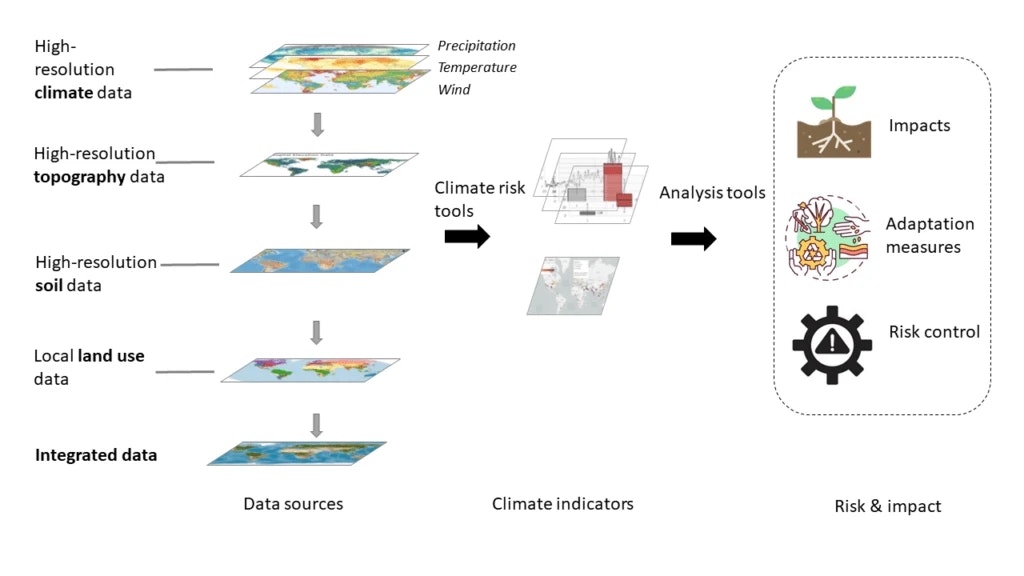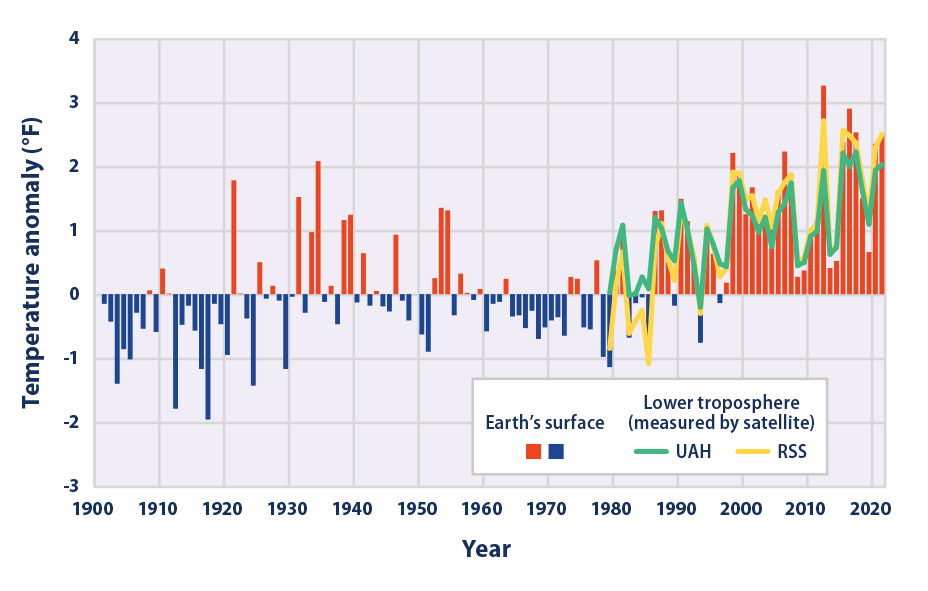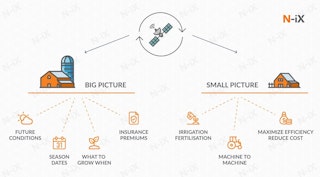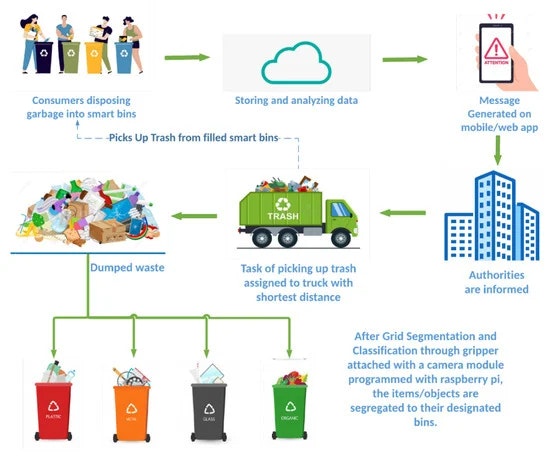While data science and machine learning offer transformative potential in combating climate change, there are significant challenges and limitations that must be addressed to harness their full power effectively. These include ensuring the quality and availability of data, navigating ethical considerations and data privacy concerns, and fostering interdisciplinary collaboration and knowledge sharing.
Addressing Data Quality and Availability Issues
High-quality data is the cornerstone of effective climate models and predictions. This involves not only the accuracy and precision of the data but also its consistency and completeness. Efforts must be made to standardize data collection methods and validate the data to ensure reliability.
Many regions, especially those most vulnerable to climate change, lack the infrastructure for comprehensive data collection. Improving data availability entails investing in data collection infrastructure, such as weather stations and satellite technology, and making existing datasets more accessible to researchers worldwide.
In some cases, data may be missing or sparse. Advanced statistical techniques and machine learning algorithms can be employed to fill these gaps intelligently, but care must be taken to understand the limitations of these methods and the potential biases they may introduce.
Ethical Considerations and Data Privacy
As data collection becomes more pervasive, it's essential to ensure that individuals' privacy is respected. This is particularly pertinent when dealing with location data or any information that could be traced back to individuals.
Data-driven models should not perpetuate or exacerbate existing inequalities. It's crucial to ensure that these models are fair and unbiased and that their benefits are distributed equitably across different regions and communities.
There needs to be transparency in how data is collected, analyzed, and used, particularly when it informs policy decisions that affect people's lives. This includes clear communication about the limitations and uncertainties of predictive models.
The Need for Interdisciplinary Collaboration and Knowledge Sharing
Climate change is a complex issue that touches on many disciplines, from meteorology and oceanography to economics and sociology. Tackling this challenge effectively requires a collaborative approach that brings together experts from diverse fields.
To advance the field and avoid duplicating efforts, it's crucial to foster an environment where data, insights, and methodologies are shared openly among the scientific community. This includes establishing platforms and forums where researchers can collaborate and share their findings.
Understanding and addressing climate change requires not just scientific expertise but also the input and engagement of local communities, policymakers, and industry stakeholders. Their insights and experiences are invaluable in shaping practical, effective strategies for mitigation and adaptation.




